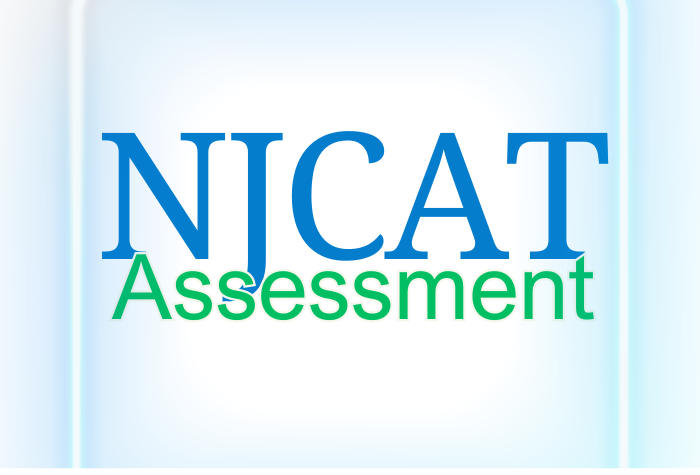Navigating the Division of Developmental Disabilities (DDD) programs in New Jersey, whether you’re in the Supports Program or the Community Care Program (CCP), requires a thoughtful approach to maximize the services and support available. Since both programs operate on a budget allocation based on an individual’s needs, it’s essential for families to strategize and make the most out of the resources provided.
Here are practical tips for families to maximize their DDD budget effectively:
1. Work Closely with Your Support Coordinator
Your Support Coordinator plays a crucial role in helping you navigate the DDD system. They are responsible for developing the Individualized Service Plan (ISP), which outlines the services and supports needed to meet the goals of the individual. To make the most of your budget, it’s essential to:
- Be clear about your goals: Whether it’s enhancing independent living skills, pursuing employment, or increasing community involvement, communicate your family member’s needs and aspirations.
- Regularly review the ISP: Ensure that it’s updated to reflect any changes in needs or circumstances. Adjustments can be made to shift resources toward areas that may require more attention.
- Keep communication open: A good relationship with your Support Coordinator ensures they fully understand your situation and can recommend the best services available within your budget.
2. Understand the Service Rates and Budget Tiers
Each individual in the DDD system is assigned to a budget tier based on the New Jersey Comprehensive Assessment Tool (NJCAT). Understanding the specific budget tier is key to knowing how much funding is available for services, such as day habilitation, employment supports, and individual supports. Different services have different rates, and some services may take up a large portion of the budget if not managed carefully.
For example:
- Supports Program budgets are typically smaller but cover a wide range of services for individuals who need moderate levels of support.
- Community Care Program (CCP) budgets are higher and allow for more intensive services, including 24-hour residential care.
By knowing the service rates and tiers, families can make informed decisions about prioritizing services that bring the most value.
“Maximizing your budget isn’t just about spending—it’s about investing in the services that will make the greatest impact on your loved one’s life today and in the future.”
3. Choose Providers Wisely
Selecting the right providers for services is critical to maximizing your DDD budget. Some strategies include:
- Compare rates and services: While DDD sets standardized rates for services, some providers may offer more robust programming, better support staff, or additional benefits for the same cost. Research and ask questions before making a decision.
- Evaluate provider quality: Check the provider’s track record, staff qualifications, and feedback from other families. Choosing high-quality providers can ensure that services are delivered effectively and reduce the need for additional services.
- Use a mix of service types: Instead of relying heavily on one type of service (e.g., day programs), consider diversifying with community-based activities, in-home supports, or job coaching. This flexibility helps make the most of the available budget.
4. Leverage Natural Supports
Not all support has to come directly from your DDD budget. Natural supports—which are relationships with family, friends, or community members—can supplement formal services. For example:
- A neighbor may help with transportation, reducing the need for paid services.
- A family member could assist with daily living skills or provide companionship, reducing the demand for individual supports.
Utilizing natural supports can free up DDD funds for specialized services that cannot be provided by non-professionals.
5. Review Available Programs Regularly
The DDD and Medicaid landscape can change, and new programs or services may become available. Stay informed about:
- New service offerings: DDD may add or update services, such as assistive technology, transportation options, or therapies.
- Changes to Medicaid waivers: Keep track of Medicaid policy changes that could affect eligibility or the types of services covered.
- State or federal programs: Look for supplementary programs such as housing assistance, vocational rehabilitation, or community grants that can cover costs not included in your DDD budget.
6. Plan for Future Needs
As the needs of individuals with developmental disabilities change over time, planning ahead is essential. Think about the long-term goals for the individual, such as residential living, vocational skills, or community integration, and allocate your budget accordingly. For example:
- Transition to CCP: If residential care is likely to be needed in the future, consider when and how to transition from the Supports Program to the Community Care Program, which provides more comprehensive funding for long-term care.
- Plan for employment: Investing in job coaching or supported employment services early can help an individual become self-sufficient, potentially reducing future care needs.
Final Thoughts
Maximizing your DDD budget requires a combination of strategic planning, collaboration with your Support Coordinator, and a deep understanding of the services available. By taking a proactive approach and regularly reviewing your budget and service plan, you can ensure that the individual receives the most value from their service allocation, whether in the Supports Program or the Community Care Program.
With careful planning and the right support, individuals with developmental disabilities can lead fulfilling lives while getting the most from the resources available.





